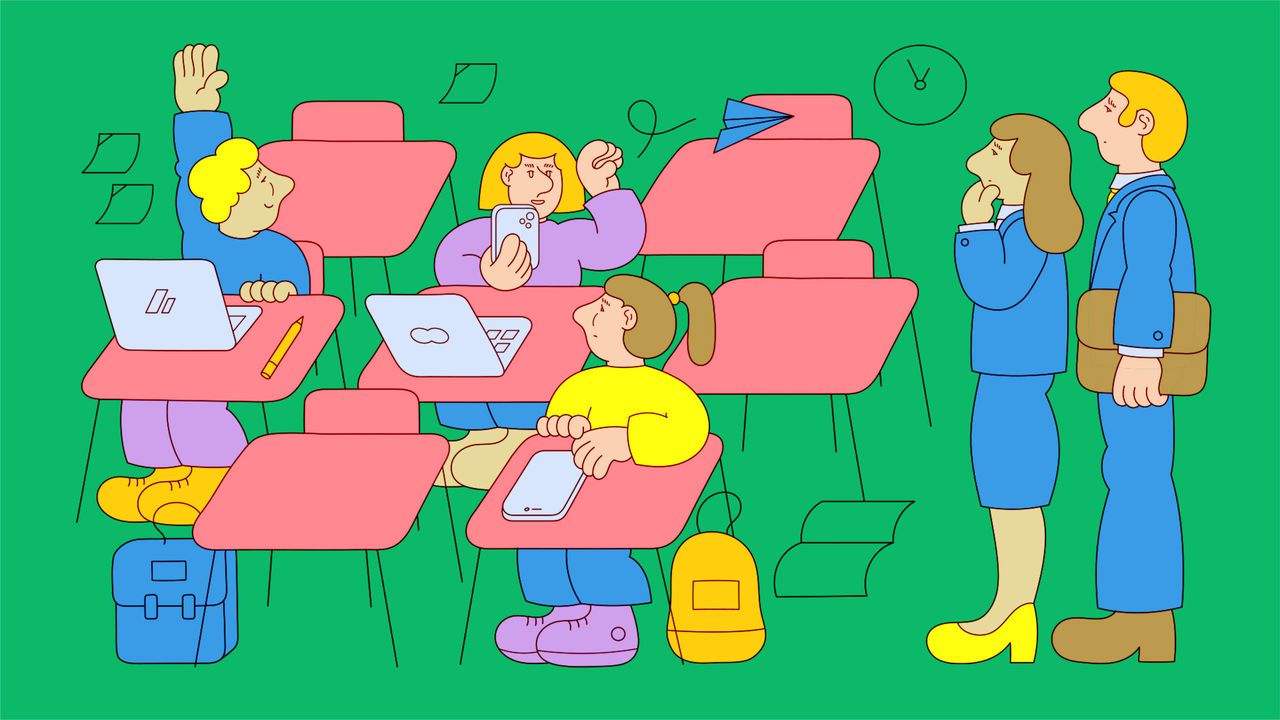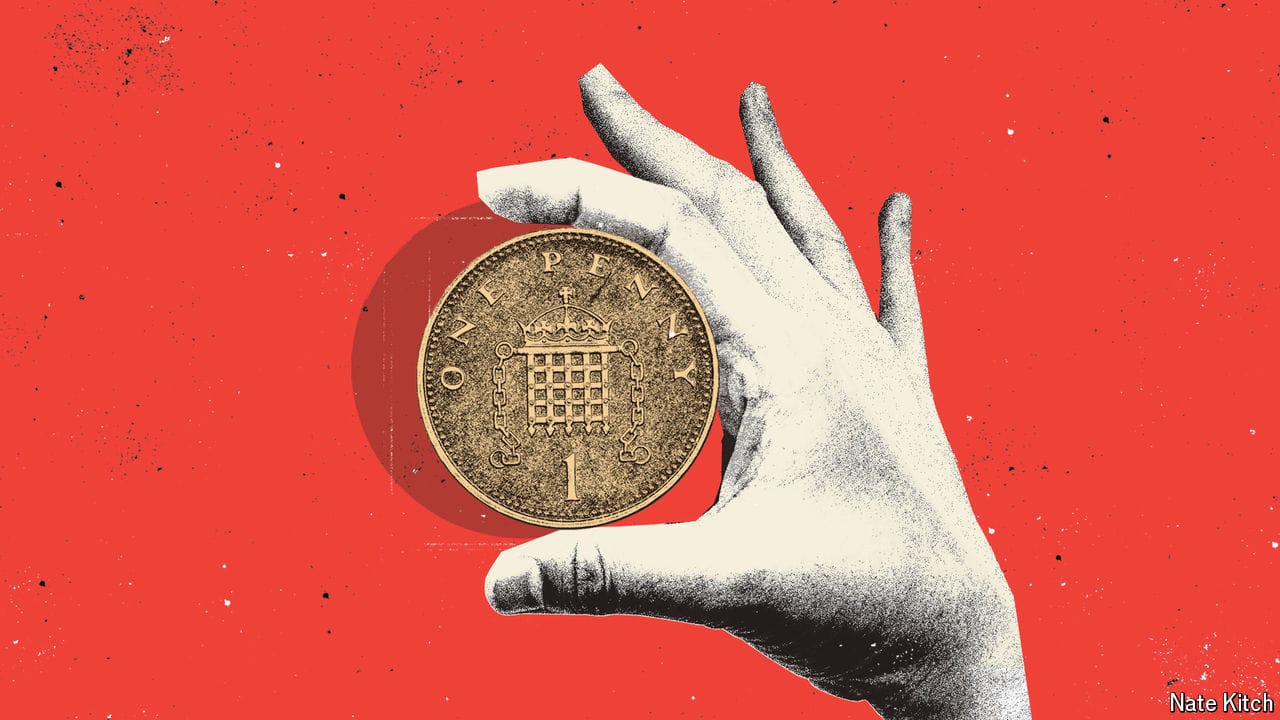Covid-19 was a disaster for the world’s schoolchildren
The costs of wasting brainpower are huge

EVERY THREE years for the past two decades analysts at the OECD, a club of mostly rich countries, have asked pupils in dozens of places to take tests in reading, maths and science, the better to compare the quality of their schools. No one was expecting the latest round of exams, sat a year late in 2022 after years of pandemic-induced disruption, to bring good news. But the results, released on December 5th, are still a blow. An average teenager in the rich world is found to have fallen about six months behind in reading and nine months behind in maths, compared with peers who sat similar tests in 2018. In several rich countries 15-year-olds are performing at levels that back then would have been expected of learners a full year younger.
Leaders December 9th 2023
- How to stop over-medicalising mental health
- Israel and Palestine: How peace is possible
- A messy contest is coming to a head behind Donald Trump
- Bashing hedge funds that trade Treasuries could cost taxpayers money
- Green protectionism will slow the energy transition
- Covid-19 was a disaster for the world’s schoolchildren
More from Leaders

How to respond to the riots on Britain’s streets
The violence demands robust policing, but it also requires cool heads

Is the big state back in Britain?
The risk is not too much interventionism, but too little audacity

How to make tourism work for locals and visitors alike
Holidays don’t have to be hell
Genomic medicines can cost $3m a dose. How to make them affordable
The treatments are marvels of innovation. Their pricing must be inventive, too
Chinese companies are winning the global south
Their expansion abroad holds important lessons for Western incumbents
The Middle East must step back from the brink
That still means starting with a ceasefire in Gaza
